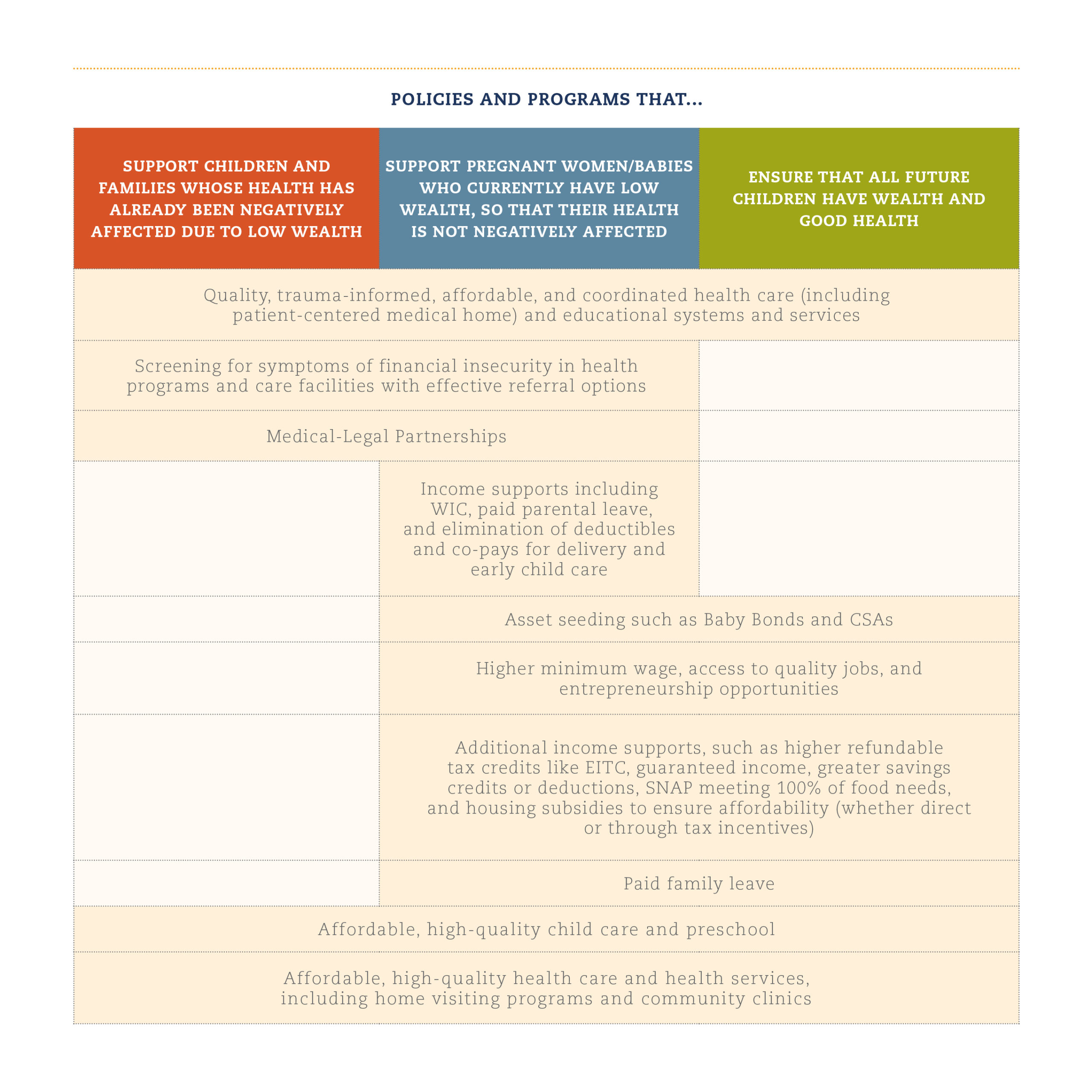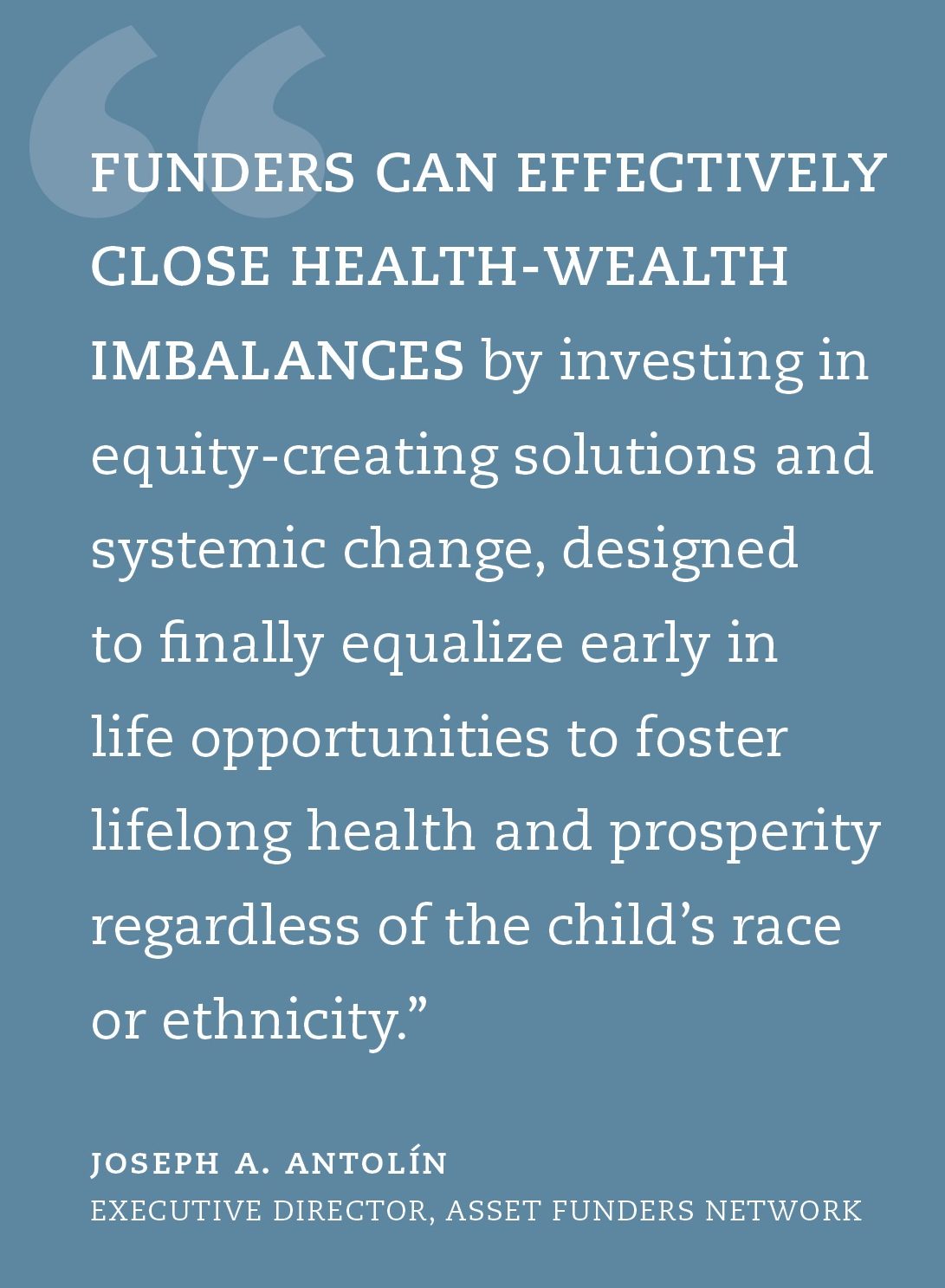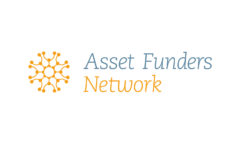The Health & Wealth Connection
for Young Children
Annie Harper, Ph.D.
Program for Recovery and Community Health
Yale School of Medicine

Annie Harper, Ph.D.
Program for Recovery and Community Health
Yale School of Medicine
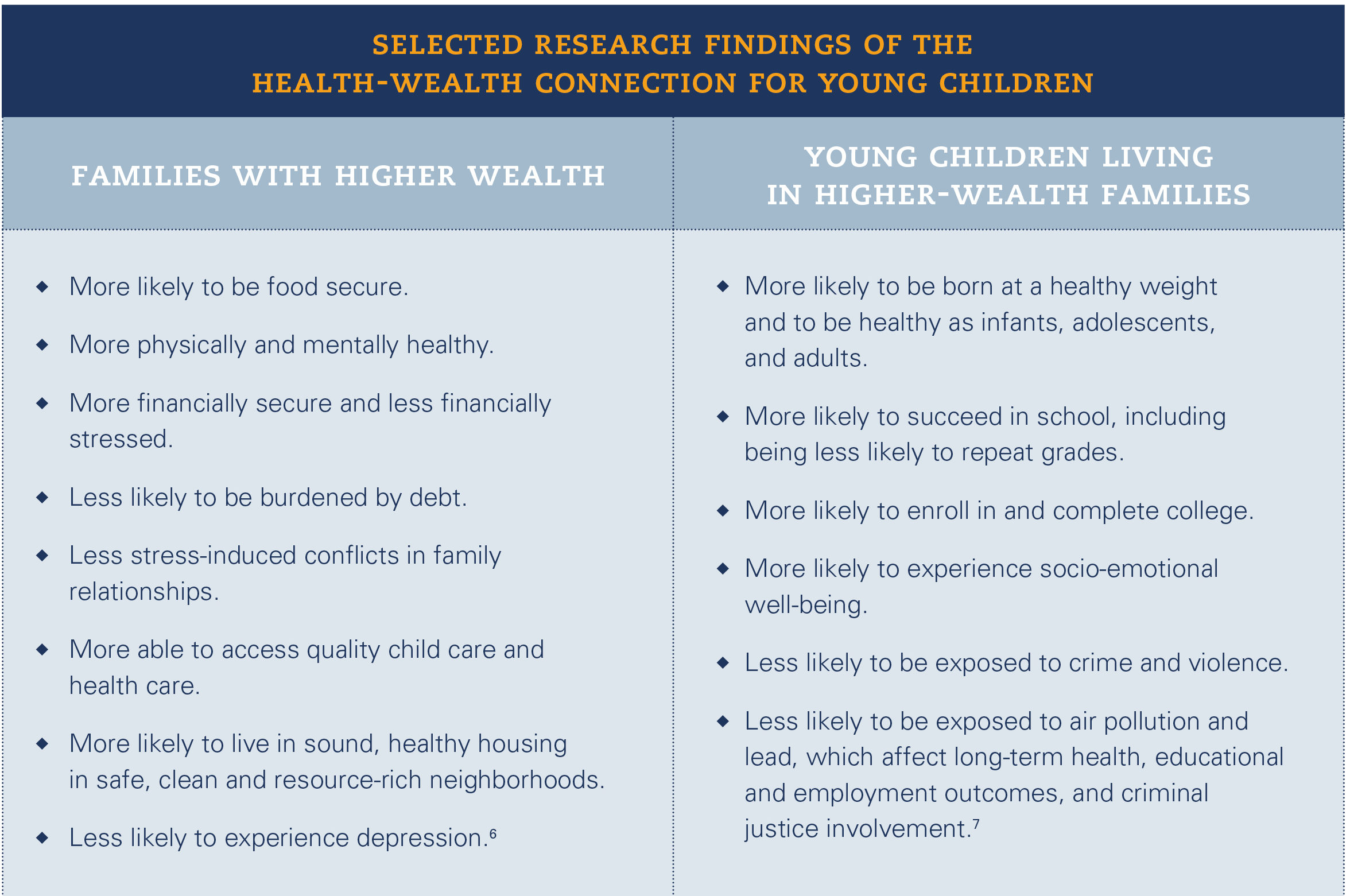
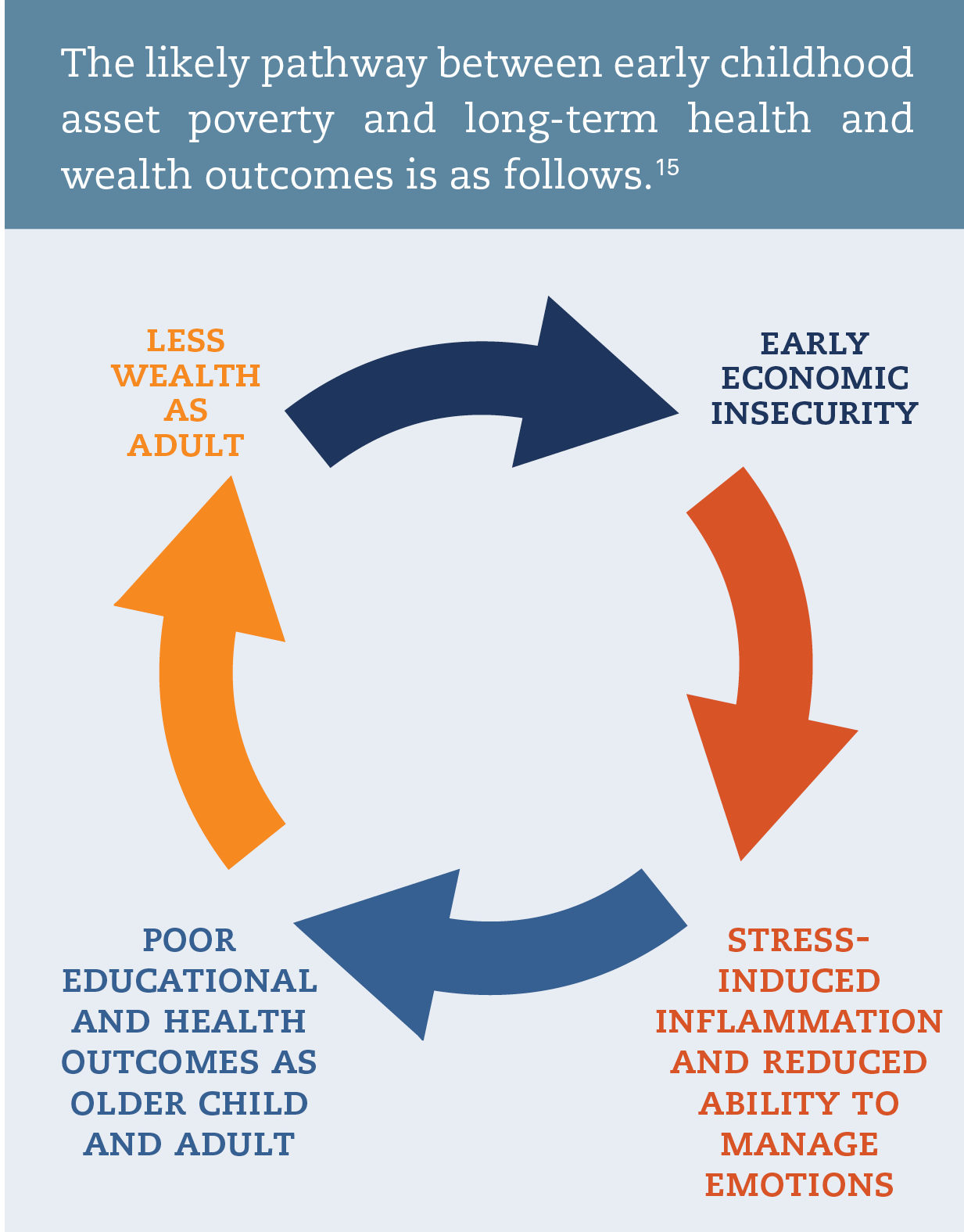
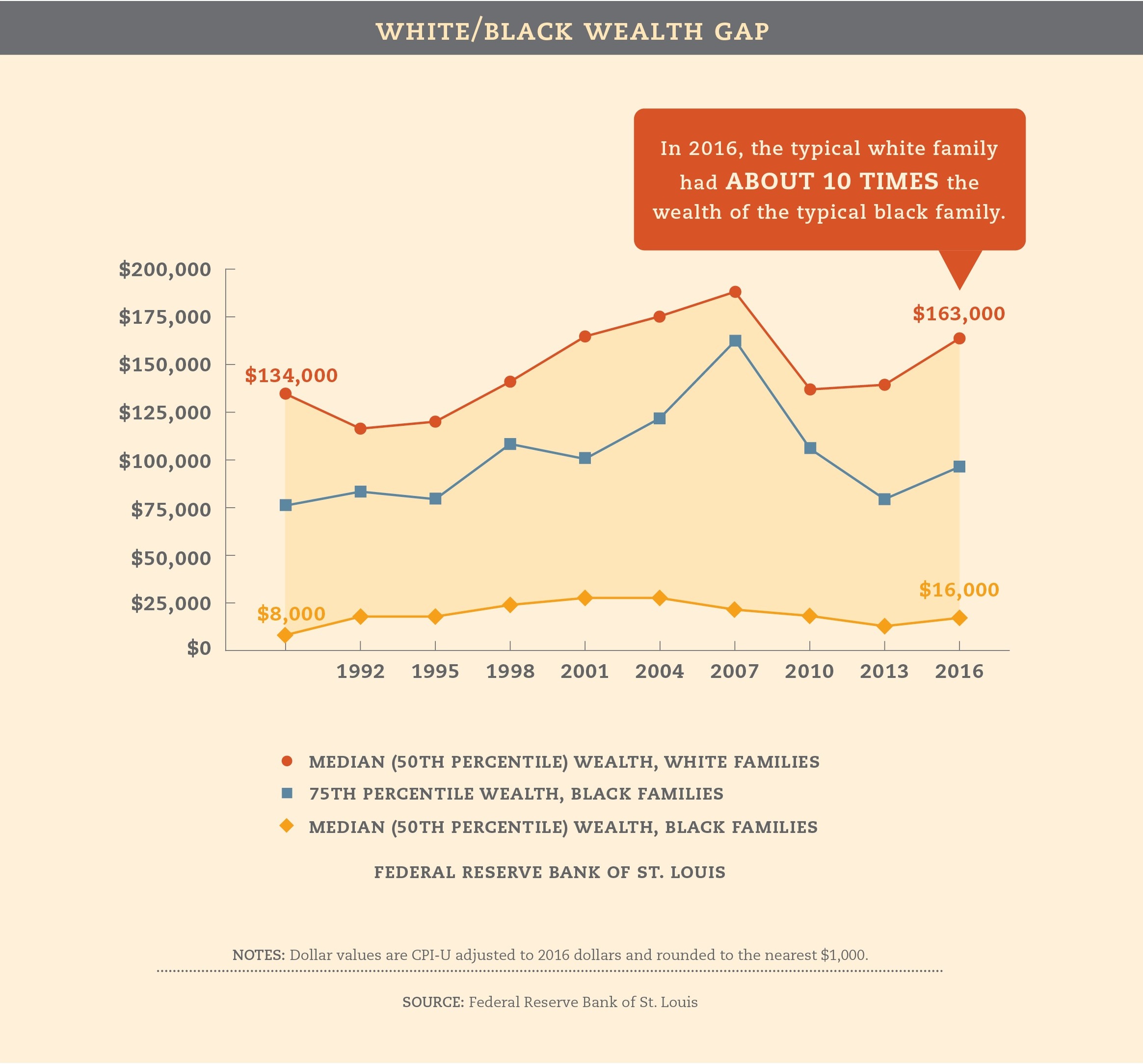
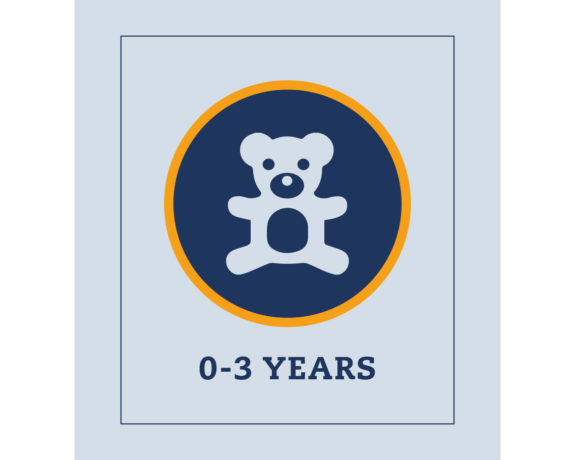
Building on but going beyond programmatic interventions, change is needed at the systems level to support families struggling with low wealth and the persistent negative impacts of historical and structural racism, and to prevent our future children from suffering the negative impacts of low wealth and poor health. The current health and economic crises has revealed that many families are living at a precarious financial edge.
